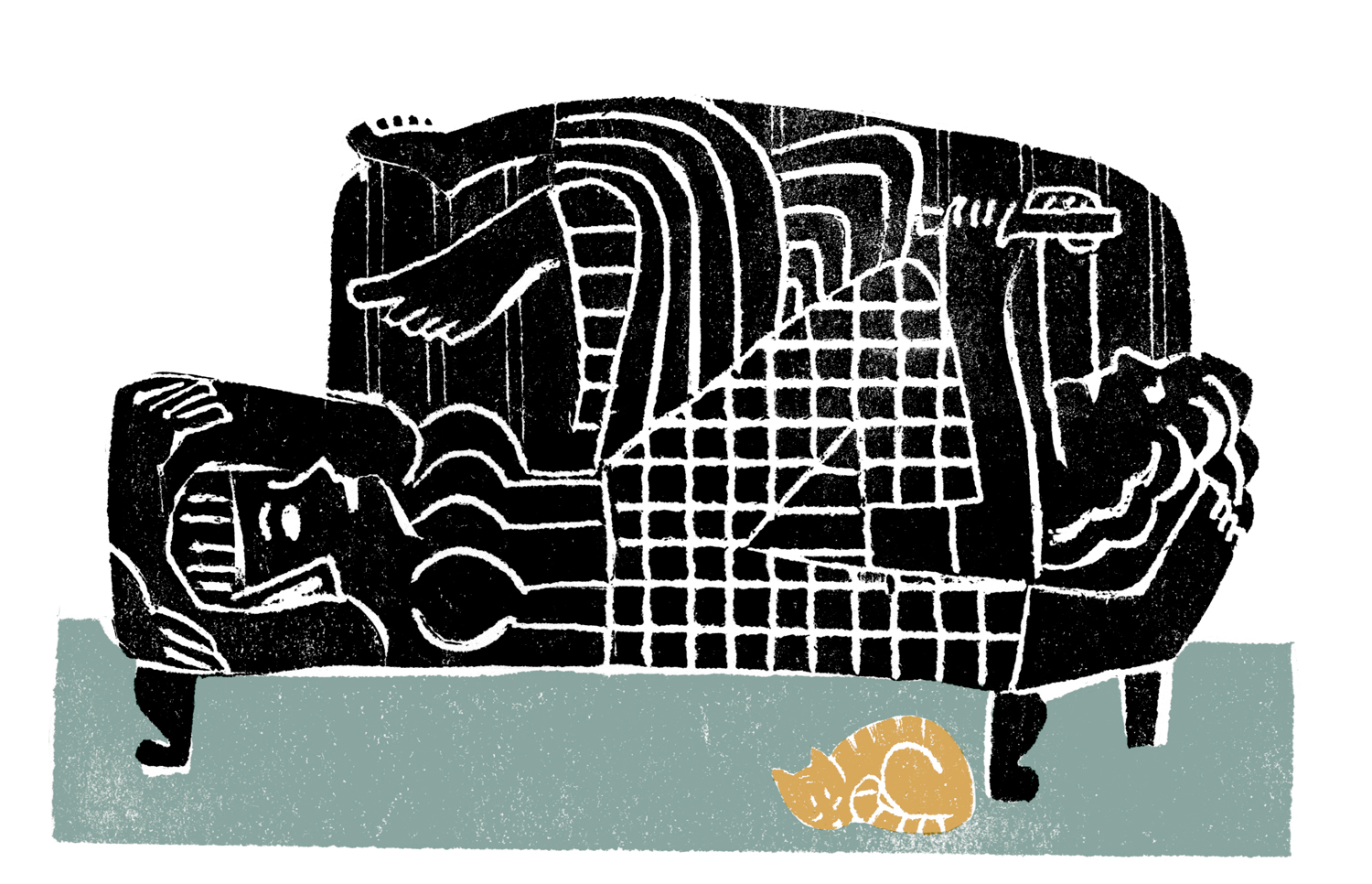
I Question
what I QUESTION
A L L
W A Y S
and the
BIGGEST
QUESTIONING OF ALL
is when I
QUESTION
NOT AT ALL
and this
in
UN-MATHEMATICAL TERMS
is
THE CONFUSING
. . .GET IT?
It’s the most precarious
balancing act
of all time:
THAT
razor thin line
bEtWeEn
CURIOSITY
(which we know kills the cat)
and
QUESTIONING
wanting to truly
experience
the
WHY
the
HOW COME
the
WHAT FOR

THE CURE. . .
QUESTION EVERYTHING
HOW COME,
IT
WHAT FOR,
IT
WHY
IT
like a little kid
asking for an ice cream cone
on a hot Summer’s Day
before Dinner
you’re not going to get
until later
and keep
A S k I n G
until you get the
p r o v e r b i a l
“BECAUSE I SAID SO”
and then risk
the ice-cream cone
the late dinner
an early bedtime
an extended
TIME OUT
by starting all over again
with a not-not-so-whimpered:
W H Y. . .

THE MORAL:
Never give up the
Q U E S T I O N I N G
for a
JUST BECAUSE
. . .sometimes the greatest way to remove
THE CONFUSING
is the be
(the inexplicable)
the cause of it

. . .OR THE CHIEF REMOVAL OF IT









 Illustration by Hadley Hooper
Illustration by Hadley Hooper 











